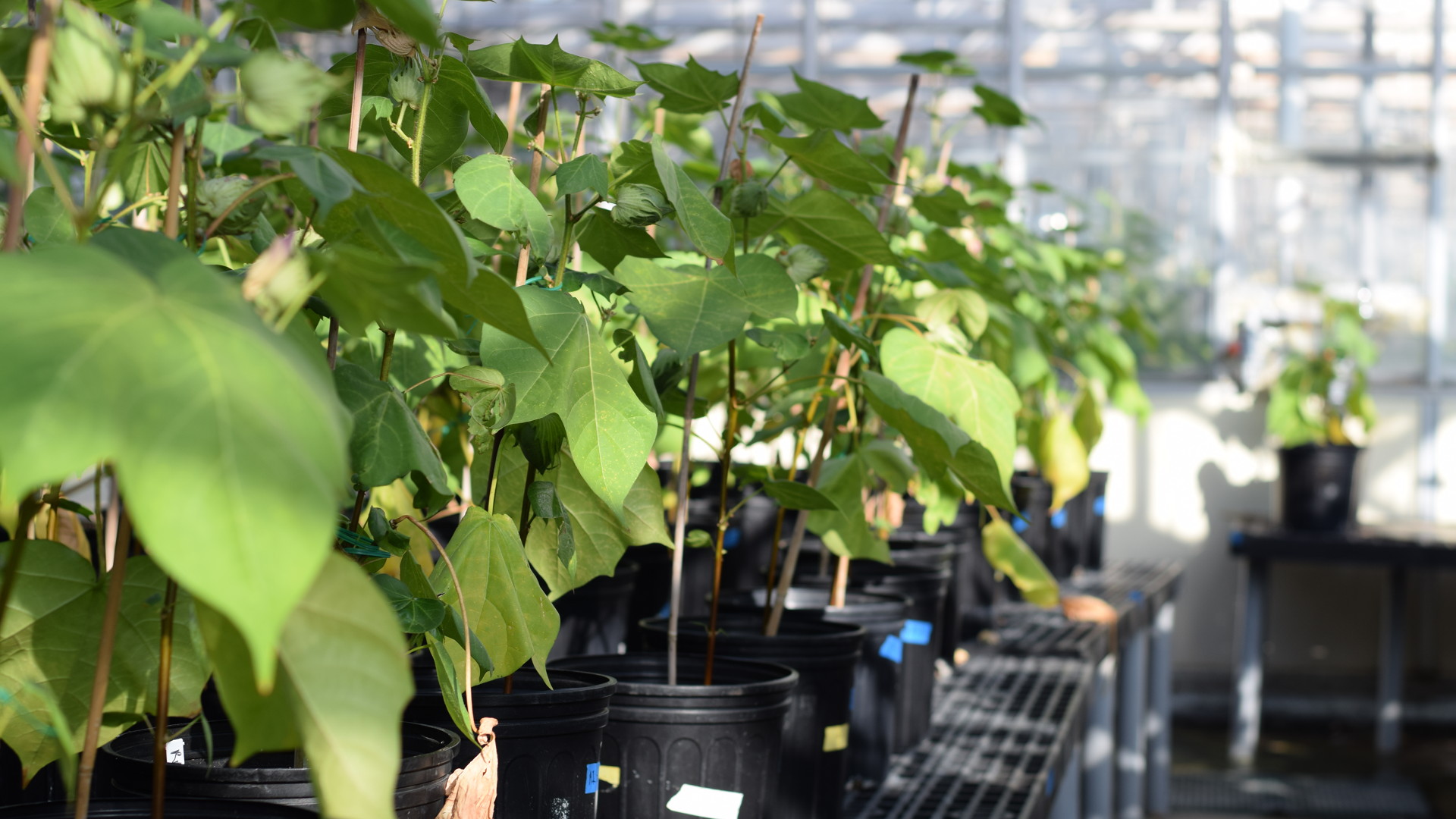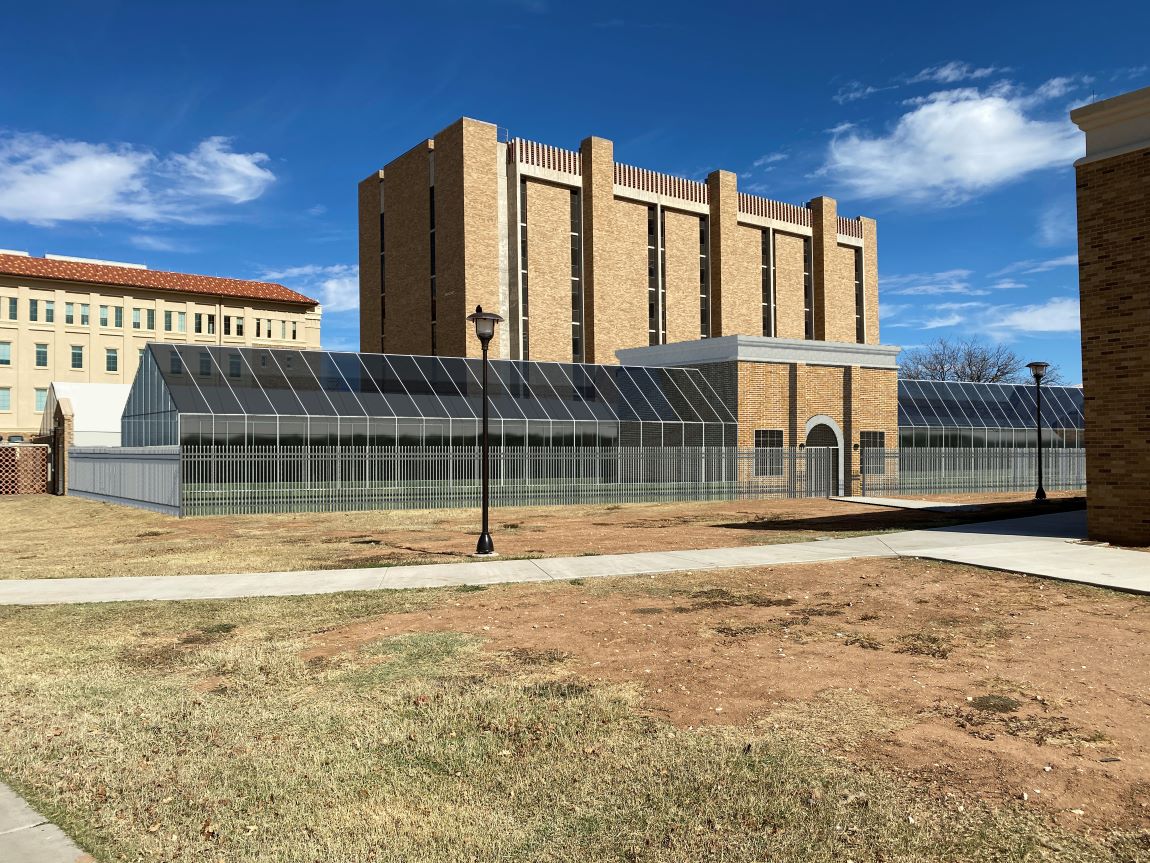
 SYSTEMATICS & EVOLUTION
SYSTEMATICS & EVOLUTION
•Vertebrate Molecular Systematics •Viral Evolution •Mammalian Systematics • Infectious
Diseases •Molecular Evolution •Population Genetics and Molecular Toxicology of Crocodiles
•Phylogeography •Transposable Elements •Genome Evolution •Evolutionary Theory and
Mathematical Biology
•Systematics and Disease Ecology of Neotropical Mammals •Protist diversity and evolution
•
RESEARCH
Evolution is the central theory underlying all of Biology. The concepts inherent to the evolutionary theory are critical to understanding how life on our planet developed, adapts to changing environments, and engages with other organisms. Systematics is the study of how evolution has played into the diversity of life we observe and thus the two topics are intimately connected. Faculty in our department examine all aspects of evolutionary theory and the impacts of evolutionary processes on organismal responses to climate change, genome structure and function, medical applications, etc. Students who have an interest in gaining a better understanding of evolutionary processes and how all life is related have a variety of systems to study, including vertebrates, microbes, plants, and fungi. Faculty in the department would be happy to talk with you about your interests and how you could fit into their research programs.


TEACHING
TTU Biology offers Organic Evolution as part of the Biology major's track. As your interest develops there are many course offerings that explore various aspects of systematics and evolution: Eukaryotic Microbiology, Ecology and Evolution of Infectious Disease, Genomes and Genome Evolution, Comparative Invertebrate Zoology, and Natural History of Vertebrates. Organismal field courses, such as Mammalogy and Herpetology are taught down at the TTU at Junction site. Our undergraduate advisors can help select the best plant courses for your interest or research experience.
TTU AT JUNCTION
TTU Biology faculty offer several Maymester courses at the Texas Tech Center at Junction site in Junction, Texas. These intensive 15-day field courses offer students to get outside and learn field techniques at a remote field site. Students utilize the outdoor/indoor classrooms, wet labs, dining facilities and stay at the various Center at Junction facilities. Biology courses such as Mammalogy, Herpetology, Field Ecology and Ornithology are offered at Junction.


NATURAL SCIENCE RESEARCH LABORATORY
Research collections play an important role in understanding the changes in species distributions, morphological characteristics, and genetic markers. Many Systematics and Evolution researchers collect specimens as part of their research efforts, and curate and deposit these specimens in collections such as the Natural Science Research Laboratory (NSRL). The NSRL's collection houses roughly 156,000 mammal specimens, over 6,000 bird specimens, and 4.6 million invertebrate specimens. The Museum of Texas Tech University's Robert J. Baker Genetic Resources Collection is a biological archive of more than 470,000 genetic samples. These samples were taken from >100,000 individuals of predominantly mammals, but also some birds, reptiles, amphibians, fish and invertebrates.
Department of Biological Sciences
-
Address
Department of Biological Sciences, Texas Tech University, Box 43131 Lubbock, TX 79409 -
Phone
806.742.2715 -
Email
biology@ttu.edu



